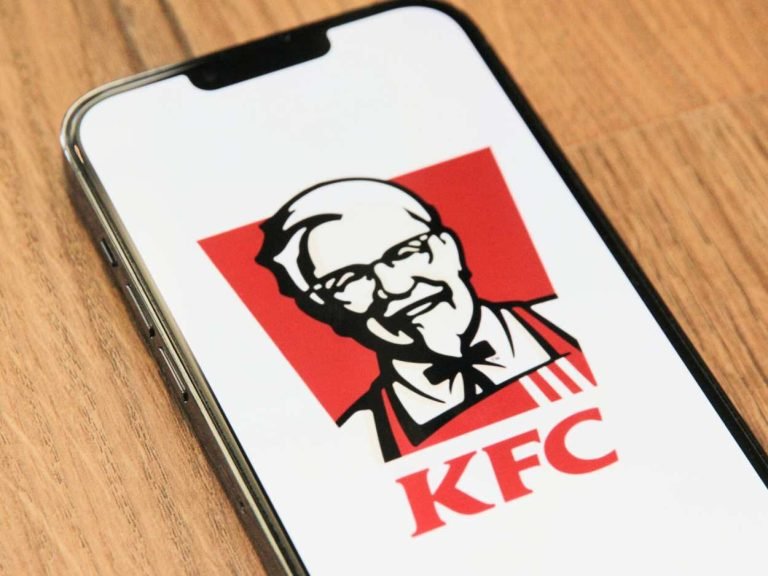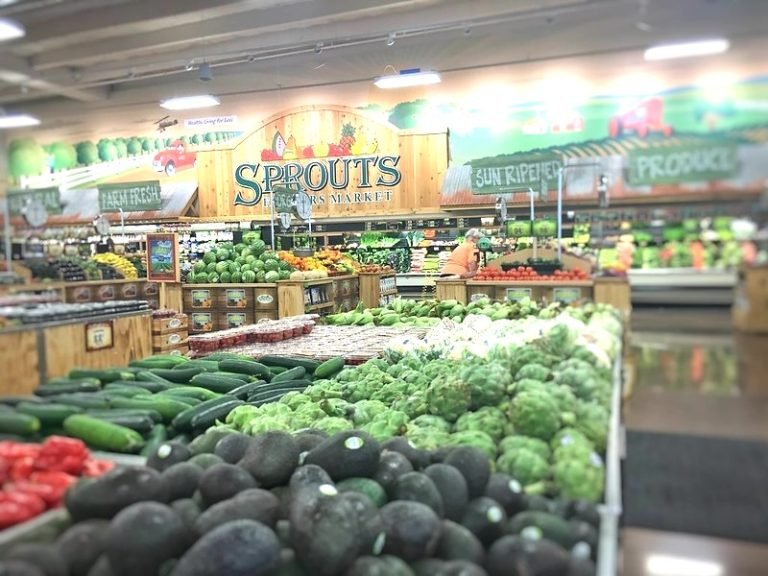What is a POS System in a Restaurant?
When you make payments at any restaurant you have to experience the technological advancement named Point of Sales.
Have you ever thought about what is a POS system in a restaurant? This brilliant technology manages transactions of the customers through interactions in the restaurant.
The POS system consists of both hardware and software components. But you’ll mostly understand its function through the software facilities.
Automated tasks reduce the cost and food waste. It also promotes swift communication in the busy environment of a restaurant, enhancing the overall operational tasks.
This in turn increases revenue and profitability as it positively influences guest satisfaction. In other words, a modern POS system can support a restaurant in diverse ways.

Why Do You Need a POS System in a Restaurant?
The most important thing for a restaurant is functionality. A POS system will interconnect the front house and back house of the restaurant, ensuring speedy service and customer satisfaction.
A well-integrated POS system will keep you ahead of your competitors in the dynamic restaurant industry.
Keeping this in mind, the POS system is important in the fast world, adding an edge to compete against your rival restaurants in the industry.
What is a POS System in a Restaurant?
POS or Point of Sales is a sophisticated technology to manage the operations of a restaurant effectively. It provides the most intricate sales statistics and records the transactions of the customers.
POS system also deftly provides accurate total calculations, with detailed receipts, in addition to updating real-time inventory.
The hardware components of a POS system, other than the ones already mentioned, exhibit a
- Digital Menu Board,
- Kitchen Display System (KDS),
- Register Screen,
- Customer-Facing Displays,
- Mobile Devices and More
Moreover, the software elements are more interesting, such as
- Order entry and processing
- Payment processing
- Inventory and menu management
- Sales reporting
- Employee management
- Customer loyalty programs
Here is a sample table of the benefits of a POS system
| Benefit | Description |
| Efficient Order Processing | Guarantees accuracy in swift communication and the order-taking process |
| Inventory Management | Monitors the business stock, along with real-time tracking and controlling of the inventory |
| Sales Reporting | Generates detailed insights of sales performance and assesses marketing initiatives |
| Menu Management | Manages the customization, organization and maintenance of a restaurant’s menu, with options for updating and modification |

What is The Most Important Task of a POS System?
The biggest task of a POS system is facilitating secure payment transactions. There are three major types of payment methods, which are, cash, card, and digital payment options.
POS systems can accommodate all types of payment options as well as integrate membership or loyalty programs.
The POS system plays a critical role in building the credibility of a restaurant and increasing customer satisfaction.
POS system eases the payment options for all customers in a way so that customers need not rely on a specific service.
At the end of the day, it influences the customer perception and the revenue of the restaurant.
What is The Importance of POS Displays?
The experience of ordering and payment process for a customer is vital. The display of a POS system is intuitive and user-friendly, making it natural for restaurant staff to navigate.
This contributes to accurate order taking and recording, along with the billing. The display also minimizes the waiting time for customers.
This promotes the hospitality factor in a restaurant by reducing training time for staff, with excellent service.
Where is The POS Data Stored?
Prioritizing security, the POS system stores the data of the customers in cloud-based servers or on-site databases.
The transactions and customer data stored are encrypted to defend against unauthorized access to sensitive information.
Another benefit of using this system is that the managers and restaurant owners can monitor the data remotely and manage safely from any location.
Frequently Asked Questions
How Does a POS System Work in a Restaurant?
In restaurant operations, a POS system is a technology that processes customer orders, manages inventory, and handles payments.
The restaurant staff enter orders into the system to send to the kitchen for preparation.
As the order is served, the POS system prepares the bill and generates receipts for the customer.
What is An Example POS System?
Toast is one of the examples of POS systems for restaurants.
This technology offers a wide range of services, such as business stock management, order management, menu customization, and sales analytics.
What Does a POS System Do?
The key work of a POS system is to provide smooth interactions with customers and manage their transactions without hassles.
From order entry, and payment processing to streamlining communication between the staff and the kitchen, some POS systems come with additional services.
Why Should a Restaurant Use a POS System?
To reduce operational hassles, a restaurant should use a POS system.
It streamlines efficient communication between the staff and the kitchen, which improves workflow and the customers get served on time, without any errors on the restaurant’s part.
What Are The Benefits of POS Materials?
Displays and signage are the POS materials, which can attract customers’ attention, influencing them to make a purchase.
These materials also promote the restaurant services, improving the dining experience, and increasing customer engagement.
Do POS Need Internet?
There are offline POS systems that work without an internet connection as the data is stored locally.
However, to process transactions and access the data stored in the cloud-based server, an internet connection is required.
Final Thoughts
As a dynamic technology for restaurants in the modern world, a POS system enables an easy experience of processing orders, handling payments, and managing inventory.
A restaurant improves exponentially when it has returning customers due to good impressions and customer satisfaction.
Investing in a well-implemented POS system builds credibility and aids a restaurant to stay competitive in the industry.






